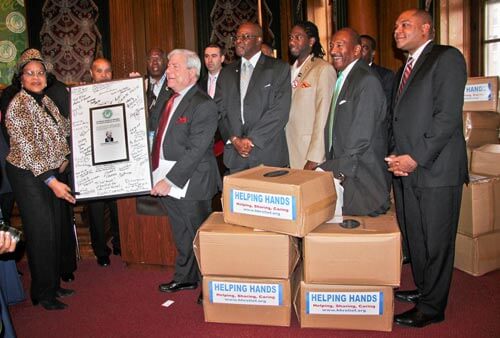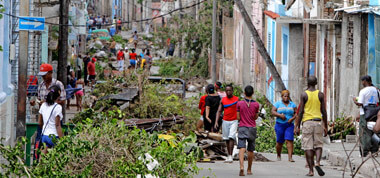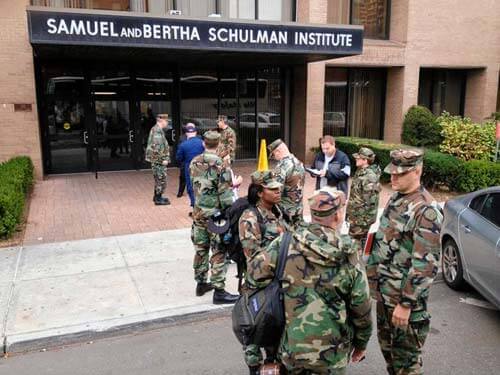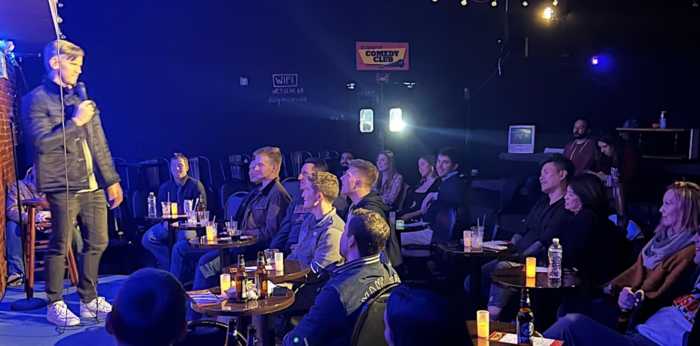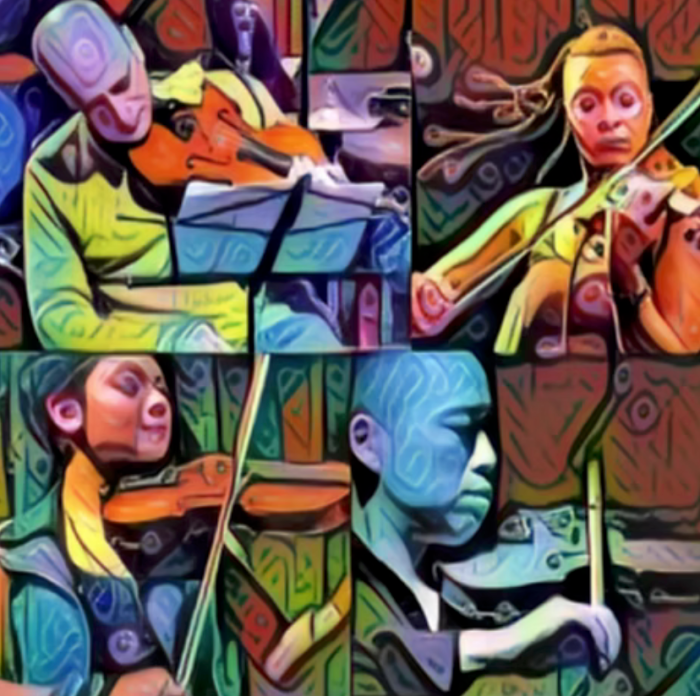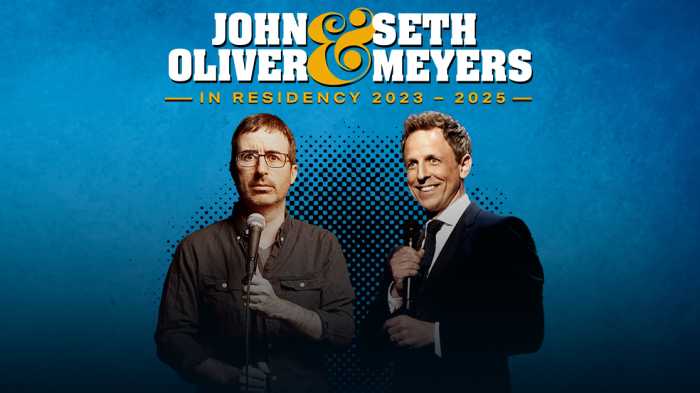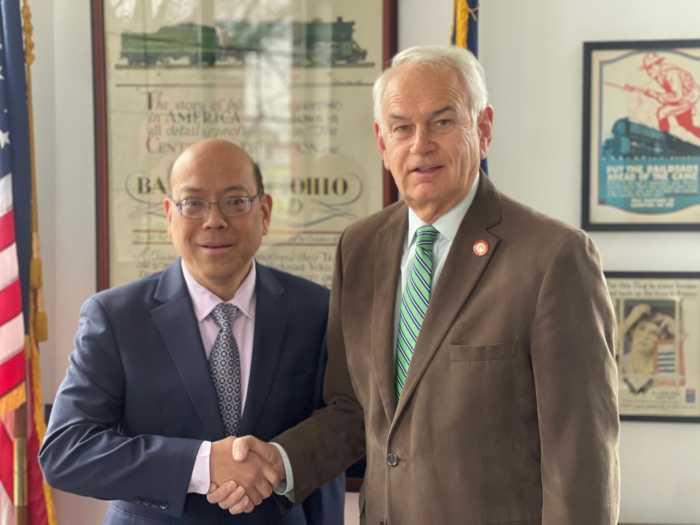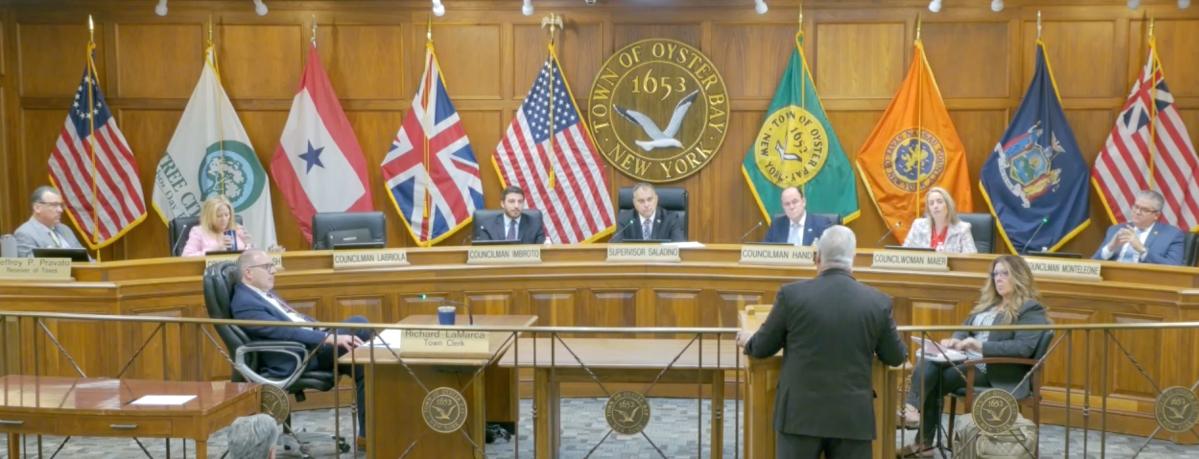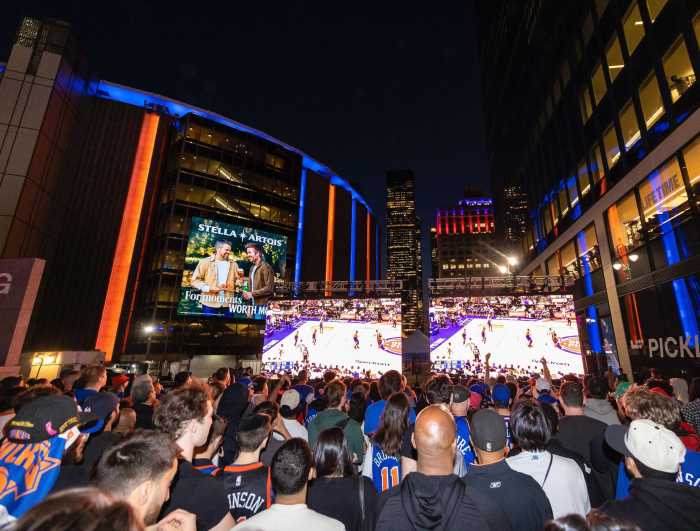Ten years ago, 44 New Yorkers lost their lives when Hurricane Sandy hit. We suffered a weeklong blackout in downtown Manhattan, and billions in property damage. As we honor the memories of those whom we have lost, we are also embarking on the single largest urban climate adaptation program in the country so we can keep New York City and all New Yorkers safe.
On Wednesday, Oct. 26, we broke ground on one of the most important parts of the plan: The Brooklyn Bridge-Montgomery Coastal Resilience (BMCR) Project. This is a system of storm walls and quickly deployable barriers that will rise into place to protect the Two Bridges neighborhood of Manhattan when a storm surge is headed our way. The BMCR project is just one part of the work we will be carrying out in all five boroughs to make sure that we are prepared when the next storm hits.
And New York City is not alone in feeling the catastrophic effects of climate change. From Jakarta, Indonesia to New Delhi, India; from Lima, Peru to Lagos, Nigeria; from Karachi, Pakistan to Port-au-Prince, Haiti, cities are being affected by storms, flooding, and record-high levels of pollution and temperatures. In order to combat these complex problems, we must respond with multi-pronged, holistic solutions.
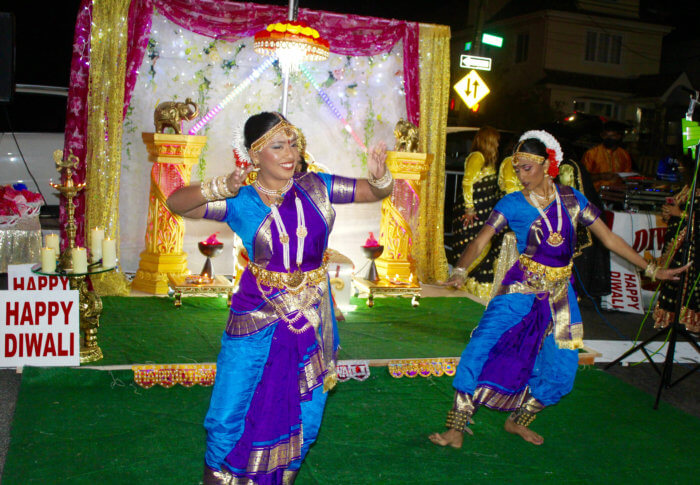
At C40 Cities, a global network of mayors taking urgent action to confront the climate crisis, I discussed prioritizing plant-based foods so that we can improve both our own health and the health of our planet — by decreasing our carbon footprint. New York City now offers Meatless Mondays and Plant Powered Fridays for our children’s public-school lunches, and we are making plant-forward meals the default in NYC Health + Hospitals. We are also encouraging urban agriculture and increasing healthy food access, while creating new jobs.
Our Precision Employment Initiative fights the climate crisis by connecting people at risk of gun violence with career training and jobs in the green energy sector. So far, the program has been a great success, showing reduced levels of violence in communities where the initiative was piloted, and by creating employment opportunities that do good for the planet.
We also announced at $2 billion plan to fully electrify our schools. Going forward, every new school we build will be fully electric, and by 2030, we will have completed or initiated the conversion of 100 existing schools to all-electric heating. This means no more fossil-fuel-burning boilers, which is good for our students’ health and the environment.
As we face the complicated challenges of the 21st Century, our ancient traditions give us strength. One of these traditions is the Hindu festival of Diwali, which is celebrated by South Asian and Indo-Caribbean New Yorkers. Diwali marks the triumph of light over darkness, good over evil, and wisdom over ignorance. On Oct. 20, along with Assemblymember Jenifer Rajkumar and Chancellor of the New York City Department of Education, David C.Banks, I announced my support for making Diwali a public school holiday so that South Asian and Indo-Caribbean New Yorkers are seen and supported, and so that all New Yorkers can learn and grow from the Festival of Lights.



